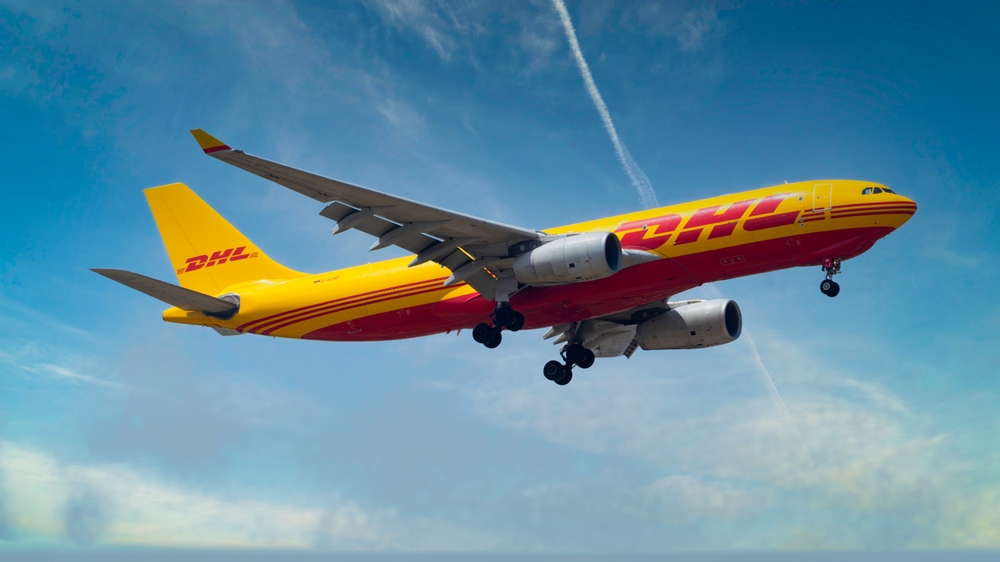A DHL-operated cargo plane crashed early Monday near Vilnius Airport in Lithuania, claiming the life of a Spanish crew member and injuring three others. The Boeing 737, operated by Madrid-based contractor Swiftair, was on its final approach from Leipzig, Germany, when the accident occurred.
Fiery Crash Near Residential Area
Surveillance footage captured the aircraft descending before disappearing behind a building. Moments later, a massive fireball erupted, illuminating the sky. The crash occurred around 5:30 a.m. local time, approximately half a mile from the airport runway.
Emergency responders reported that the plane broke apart on impact and skidded several hundred yards, scattering debris in a residential area. While at least one house was struck by the wreckage, no ground injuries were reported.
“Thankfully, despite the crash occurring in a residential area, no lives have been lost among the local population,” said Lithuanian Prime Minister Ingrida Šimonytė.
Casualties and Injuries
The crash claimed the life of one Spanish crew member. Three others on board—a Spanish, German, and Lithuanian citizen—sustained injuries and were taken to nearby hospitals for treatment. The identities of the victims have not been disclosed.
Investigation Underway
DHL confirmed that the plane “made a forced landing” and noted that an investigation is underway to determine the cause of the crash. Flight-tracking data from FlightRadar24 revealed that the aircraft turned north of the airport to line up for landing but crashed just over a mile short of the runway.
The 31-year-old Boeing 737 had been en route from Leipzig, a major European freight hub. German authorities are investigating earlier fires at the Leipzig facility this year, where incendiary devices were found hidden in parcels, though it remains unclear if these incidents are connected to the crash.
Broader Security Concerns
The crash occurs amidst heightened concerns about the security of cargo flights. Western officials have previously suggested that Russian intelligence may have conducted test runs for sabotage on cargo flights bound for the United States. While there is no immediate evidence linking such activities to Monday’s crash, the timing has raised questions among security analysts.
The tragic crash near Vilnius highlights the risks faced by air cargo operators and raises questions about broader aviation and security challenges. As investigations unfold, authorities will work to determine the cause and ensure the safety of cargo operations in an increasingly tense global environment.







